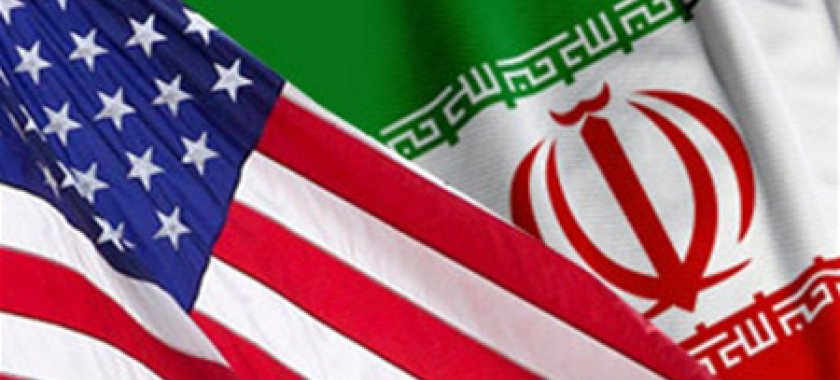The rhetoric between Iran and the US around the nuclear deal reminds the warmest (1960-1970) years of the Cold War between the US and the Soviet Union, when the two countries used to exchange conventional blames.
One can observe how contradictory the fencing between Washington and Tehran is.
President Trump names the deal "embarrassment”, while the State Secretary Tillerson says Iran is in "technical compliance” with it. President Rouhani says that "we consider dialogue and negotiations based on a positive-sum paradigm as the only path towards the resolution of global and regional crises”, whereas the chief of Iran's Atomic Energy Organization, Ali Akbar Salehi, states that his country is capable of resuming uranium enrichment process within five days, if the US tears up the deal.
Iran-US mutual attacks are so typical that it is not that hard to predict the next step.
National security adviser H.R. McMaster has recently called the Iran deal "fundamentally flawed”. "It gave the Iranian regime all the benefits upfront”, he said. "And then the incompleteness of the deal ... which really could give the regime cover to advance a nuclear program.”
Doesn’t it look like a test to see Iran’s reaction to possible renegotiation?
On the same day, Rouhani said that the nuclear deal between the Islamic Republic and six world powers cannot be renegotiated.
Last Friday President Rouhani vowed that Iran would boost its missile capabilities despite any warnings from Washington to bury the deal.
Following his words, Iran tested a new medium-range missile. It is capable to reach Israel or US bases in the Gulf. Iran says all of its missiles are designed to carry conventional warheads only.
Now the world is waiting for retaliatory knock from Washington. The muscle-flexing continues.
However, if somebody bargains about the issues of regional, or world importance in such a manner, no good outcome is to be expected.
The world superpowers have one weak point, namely, they frequently put their lovely "trump card” under the name "talk from the position of strength” on the table as a good argument.
This "baton policy” hinders them to see and assess alternative options of a problem solving, and accordingly, to build smooth relationship with smaller states. One of the latest illustrative examples of it is Russia-Ukraine and Russia-Georgia relations.
If it hadn’t been for Russia’s tough position on gas dispute with Kyiv in 2009 and signing associated membership agreement between Ukraine and the EU in 2013, Russia would have not lost Ukraine for many years. Lack of flexibility and overconfidence in its own power, has led Russia to bloody conflict with its most friendly state. Where were "Russian Talleyrands" at that time?
Official Washington has to decide what it wants to obtain - a relatively neutral Iran or a new holder of nuclear weapons. It can flip a coin in case of a doubt.
America is rightfully considered the world’s greatest nation; therefore it has the opening gambit.
The US could leave aside blackmail regarding the "certify-decertify” decision of the nuclear deal and try to resolve other regional concerns with Iran in face-to-face non-public negotiations. Nobody says it will be easy trip, but it’s worth the effort. It is very likely that Iran will also make steps forward, and both will manage gradually to come to an agreement on majority of issues.
Iran, in its turn, could exercise greater flexibility in the most sensitive problems that disturb Washington. Also, it would be wise and in-time decision for Iran to declare that it no longer considers USA a "Big Satan”, and has not any idea to wipe Israel off the face of the Earth.
Then it will be not conventional, but the 21st century approach.
Icmal.Az
























